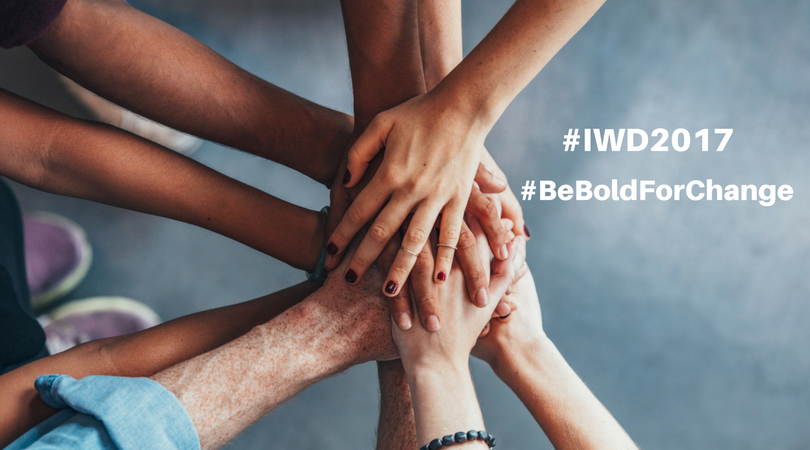Fostering a more inclusive world

This year’s International Women’s Day (IWD) celebration may have come and gone, however, its theme continues to reverberate around the world. The #BeBoldforChange mantra challenges everyone to help create a more gender inclusive world beginning in their spheres of influence. I think this is a very apt disposition.
Beyond the celebrations, I am inclined to think that future IWDs should take both a prospective and retrospective look at the campaign for a more inclusive world. We need to develop good indicators for measuring success like the Nigerian Women Trust Fund has done in the context of its memorandum to the Committee on Constitutional and Electoral Reforms. I enjoyed reading the memorandum not just because it was succinct but also because it had very specific and easily measurable indictors such as amending the law to require political parties’ candidates list to contain at least 35% female candidates. Although this clearly aligns with Nigeria’s gender policy, it helps to be upfront about expectations so people can follow developments.
I recognize that being bold for change is not so easy in many contexts in Africa where patriarchy holds sway. However, there are interesting stories of men and women who have gone against the norm by standing up for women and girls. It seems to me that such stories need to be highlighted more prominently not just so that other people can know about them but also to encourage the minority around the continent who work so hard to advance this cause but often feel like they are fighting a lost cause. In this context, I think it might be helpful to feature #HeforShe men who overcome gender stereotypes by standing often alone in defence of the rights and privileges of women and girls.
In 2016, individuals and organizations around the world joined the #PledgeforParity campaign. I suspect this is a good time to review how well or badly they have done in this important cause. What has changed? Why did they change? Who was responsible for making change happen? Is change sustainable in the context in which they occurred? In cases where things have become worse, what factors were responsible for the retrogression? How can we stop the downward spiral? Who are the change agents we can call upon to trigger the required improvements? These questions are important for reflecting on success achieved and evaluating how the campaign might be led into the future.
Talking about the future, it might also be a good idea to involve people on the fringes of society more deeply in these campaigns. In my experience, often these people can fight causes better than the best combination of individuals and groups from elsewhere. What they require is some information and mobilization. When people see the need to press for change and they understand the benefits that they could derive from doing so, they naturally organize better. This is particularly true of women’s groups in many parts of Africa, where fighting for improved trade and business opportunities is common.
Capturing the voices of women, girls and the men who support them in our hinterlands will help other people in the same or similar positions to find support systems that enhance their work in some way or the other. Of course, this is not always easy to achieve because of traditional societal classifications and the tendency for some to think that ideas that do not evolve from within are likely to be exploitative. However, the benefits of reaching out surely trump the status quo.
I am aware of the World Economic Forum’s prediction that the gender gap between men and women may not close entirely until 2186 - some depressing 169 years away. Nonetheless, we can take progressive steps towards achieving the broad goals, while celebrating every milestone along the way.
Expanding the constituency for this campaign, engaging in rigorous monitoring and evaluation, showcasing good stories and connecting with similar minded individuals and organizations elsewhere are essential ingredients on the path to achieving the purpose. We owe it to upcoming generations to take the necessary steps now.
* Okeoma Ibe is a lawyer and gender expert. She directs the Centre for the Promotion of Entrepreneurship & Development in Abuja, Nigeria.
* THE VIEWS OF THE ABOVE ARTICLE ARE THOSE OF THE AUTHOR AND DO NOT NECESSARILY REFLECT THE VIEWS OF THE PAMBAZUKA NEWS EDITORIAL TEAM
* BROUGHT TO YOU BY PAMBAZUKA NEWS
* Please do not take Pambazuka for granted! Become a Friend of Pambazuka and make a donation NOW to help keep Pambazuka FREE and INDEPENDENT!
* Please send comments to [email=[email protected]]editor[at]pambazuka[dot]org[/email] or comment online at Pambazuka News.
